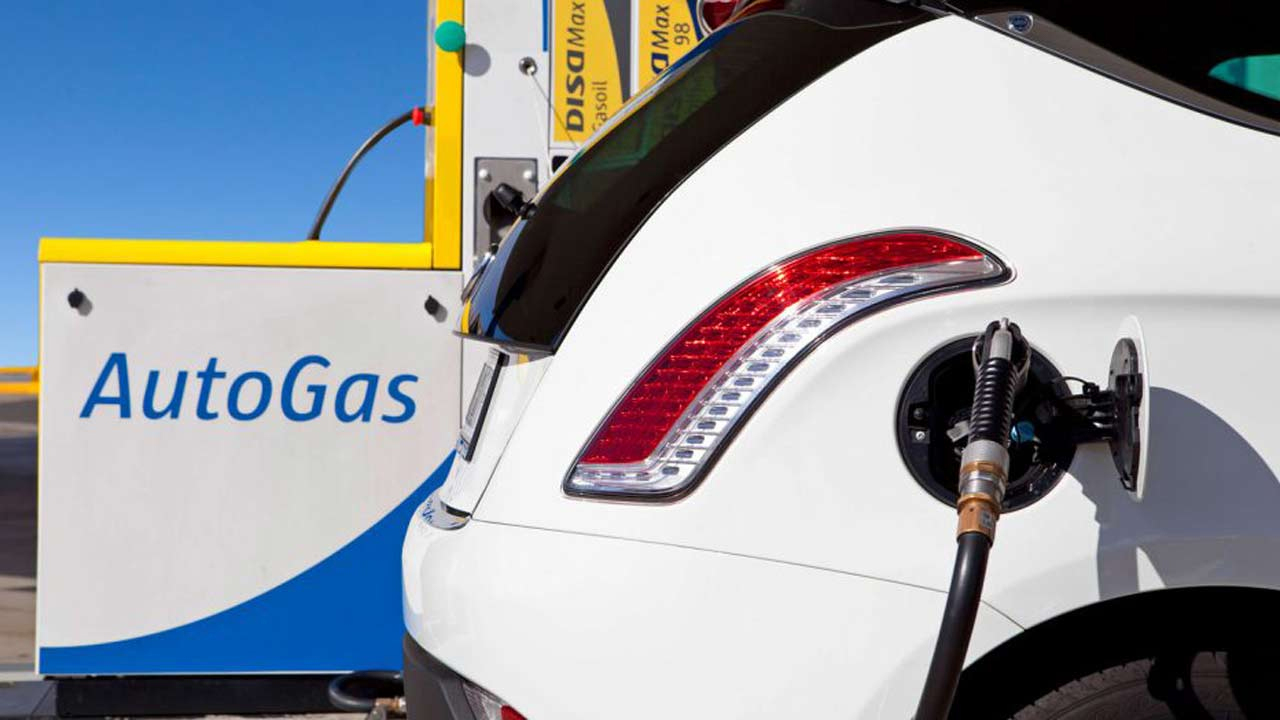
The call for full adoption of gas for vehicles has hit the front burner, as stakeholders agreed that Autogas has the prospects to turn around the nation’s ailing economy with the potential to contribute a turnover of about N2trn.
This was the position of major stakeholders at the Liquefied Petroleum Gas (LPG) conference in Abuja, themed: “LPG- Saving Nigeria from the Brink: Gas for Vehicles, Generators and Agriculture”. They underscored the indispensable role of LPG in Nigeria’s evolving energy scenario, citing a remarkable 2.167 per cent growth in LPG utilisation between 2006 and 2022.
The President of the Nigeria Liquefied Petroleum Gas Association (NLPGA), Felix Ekundayo, in his welcome address, projected the industry’s continuous growth, particularly with Federal Government’s renewed focus on gas, postulating that the sector has the ability to contribute to a N2trn turnover.
He identified Autogas as any gas suitable for running vehicles or internal combustion engines, listing four areas where Autogas is critical for usage at the moment. He advised the government to focus on the power, industrial, autogas, and domestic sectors for gas usage.
Highlighting the alleged Nigeria’s paradox in the gas sector, he pointed out the need for robust policies across the gas value chain, stressing the urgency of addressing challenges in the gas industry to harness its full potential for economic and societal benefits.
On his part, the Minister of State (Gas) Petroleum Resources, Ekperipe Ekpo, reiterated government’s commitment to addressing the energy transition gap urgently. He acknowledged NLPGA’s efforts in contributing to the impressive growth in the LPG sector, generating over 150,000 jobs and increasing LPG consumption from 60,000 tonnes in 2007 to over 1.3 million tonnes in 2021.
In his contribution, Chief Executive of the Presidential CNG Initiative, Michael Oluwagbemi, emphasised the need for Nigeria to pursue cleaner energy sources, advocating for partnerships and a transition to various fuels, including LNG.
He supported government’s initiatives, such as the National Transportation Mass Transit Policy, requiring all commercial vehicles to run on gas by 2024.
The President of Nigeria Gas Association (NGA), Akachukwu Nwokedi, emphasised autogas as a key contributor to a greener and more decarbonised transportation sector, emphasising the role of gas in achieving “net-zero” by 2060.
A gas development expert, Sekhar Vajalla, drawing parallels with New Delhi’s case study, stressed the role of government’s intervention and the necessity of regulations for licensing and certifications. He highlighted the absence of pricing conclusions, calling for competition and prioritising of domestic market.
Addressing regulatory hurdles, Technical Adviser, Downstream to Minister of State for Petroleum Resources (Gas), Abel Igheghe, expressed government’s commitment to making Nigeria a gas based economy. He acknowledged the need to review guidelines to create a more enabling environment for stakeholders.
On the role of the Nigeria Liquefied Natural Gas Limited (NLNG) in achieving 5 million tonnes, the Head Process Control at NLNG, Tolu Longe, said 100 per cent of NLNG’s produced LPG is now infused directly into the domestic market, supplying about 40 per cent of Nigeria’s total LPG consumption.
According to her, the NLNG plans to boost new volumes, with a capacity to inject 650,000 to 700,000 tonnes of LPG into the domestic market soon. She stated that the NLNG Train 7 Project is aiming to increase capacity by about 35 percent, translating to approximately 1 million tonnes per annum
The Coordinator of the Women in LPG Global Network, Nigeria Chapter, Joy Shaiyen, provided insights into the sixteen-year trajectory of LPG in Nigeria, specifically focusing on the domestic interventions by NLNG. She underscored the impact of subsidy removal on kerosene, leading to a decline in imports and a subsequent shift in favour of LPG.
She recommended active involvement of rural women in the transition, subsidising cylinder acquisition for rural communities, utilising the Midstream and Downstream Infrastructure Fund for conversion funding, and ensuring a minimum percentage of women involvement in intervention programmes.






